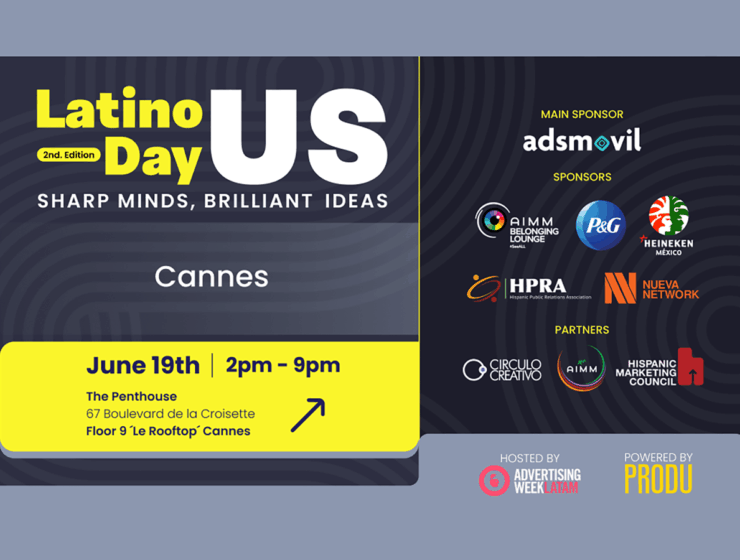The future of brand influence is not about the loudest single moment. It is about the longest presence.

Presented by


The future of brand influence is not about the loudest single moment. It is about the longest presence.
Ultimately, the reason everyone has their own “flavor” of SPO is because SPO is not one-size-fits-all.
The future of performance marketing isn’t about choosing the right channel. It’s about understanding contribution and rewarding it accordingly.

An Exclusive Celebration of U.S. Latino Power in Marketing and Creativity!
Being valuably different, and not focused on being better, is the key to being a brand that stands the test of time.
As Cannes Lions 2025 kicks off, one thing is certain: the conversations won’t just shape headlines, but help define the next chapter of advertising. Industry experts weigh in.
Marketers should have more confidence in their ability to demonstrate how their brand influences pricing.
You either have health and wellness value in your brand or you don’t. If you do, then it’s time to determine how to incorporate this into your brand marketing and PR.
Emotional intelligence puts the human back in marketing, helping brands cut through biases and connect meaningfully.
When platforms extract value from communities without consent or reciprocity, they recreate the logics of empire.
Digital marketing is powered by fossil fuels. It’s time we started counting the clicks that cost the planet.
Where do you start when designing event formats that resonate across different markets while honouring different countries’ cultures?
Snapchat lets brands connect with audiences in a way that feels personal, interactive, and natural, like chatting with a friend. In an age of polished perfection, that kind of authenticity is what truly converts.
Planning around propensity, not persona, means the messaging is more relevant and consistent from the very top of the funnel to the bottom. Not brand or performance – just marketing, executed with purpose.
The tired consumer isn’t unreachable. Reach them with a tangible shift towards respect and understanding. If you can be that kind of brand, you’ll matter—now and long after the headlines shift.